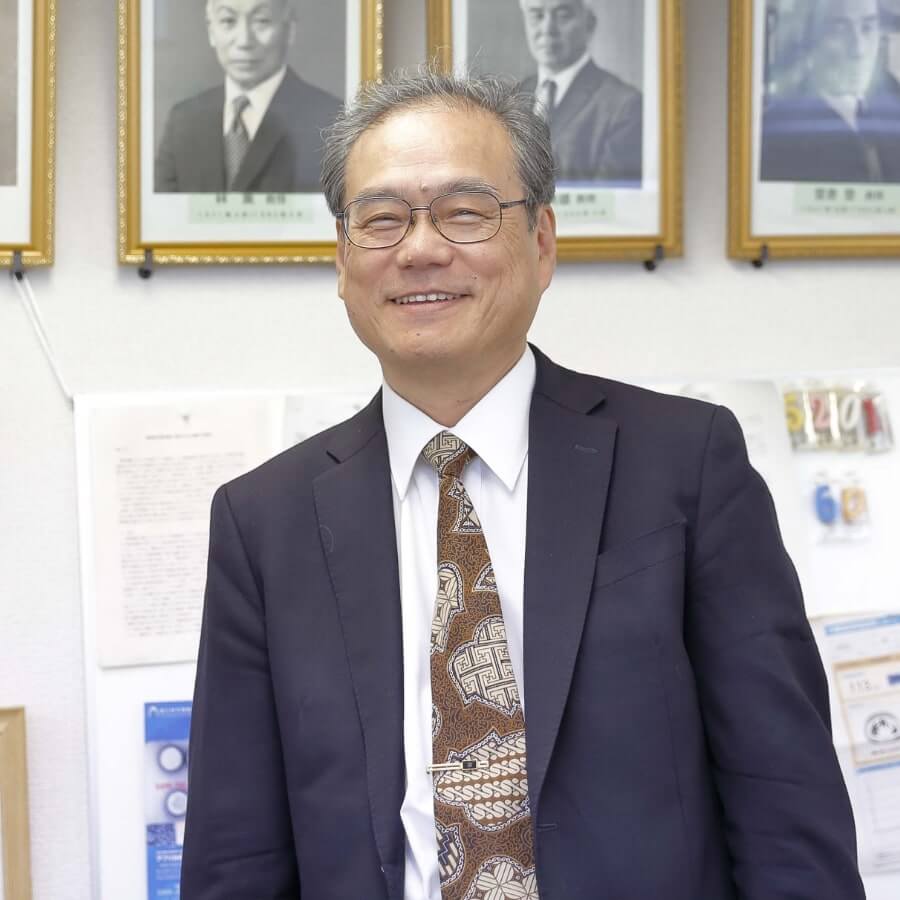
Protecting Health and Prosperity:
Nagasaki University’s Commitment to Guarding Against Infectious Diseases
Nagasaki University has been designated as one of five world-class vaccine R&D centers to be established in Japan, under the AMED SCARDA Project titled ‘Japan Initiative for World-leading Vaccine Research and Development Centers’. In April 2022, the University inaugurated the ‘DEJIMA Infectious Disease Research Alliance’ (DIDA), consolidating five of its entities: The Institute of Tropical Medicine, known for its overseas infectious disease research; the National Research Center for the Control and Prevention of Infectious Diseases with its BSL-4 facilities; the Graduate Schools of Biomedical Sciences and School of Tropical Medicine and Global Health, both advancing research human resources in infectious diseases; and Nagasaki University Hospital, entrusted with medical services and training of infectious disease specialists. Based on the alliance at DIDA, the new center aims to revitalize vaccine development research in Japan, underscored by the challenges encountered during the COVID-19 pandemic.
In vaccine development, collaboration with companies proficient in this field is crucial. Thus, for this R&D project, Nagasaki University is partnering with SHIONOGI & CO., LTD., NEC OncoImmunity AS, KM Biologics Co., Ltd., and ADTEC Co., Ltd. These collaborations will bolster the development of vaccines targeting highly pathogenic agents (such as Ebolaviruses causing hemorrhagic fever) and tropical pathogens (associated with diseases like dengue fever and malaria prevalent in tropical regions), areas in which Nagasaki University teams are globally recognized.
This endeavor will leverage innovative technologies including lipid nanoparticles (LNPs), patented by the University and its corporate partners, and artificial intelligence (AI) for novel vaccine design. Additionally, in alliance with the London School of Hygiene and Tropical Medicine, the project aims to amass global infectious disease data and establish a rapid response system for emergencies. Ultimately, through this vaccine development project, we aspire not only to align with the national strategy to provide vaccines within 100 days during future global infectious disease outbreaks but also to safeguard human health and the economy from the threats of infectious diseases.
(December, 2022)




